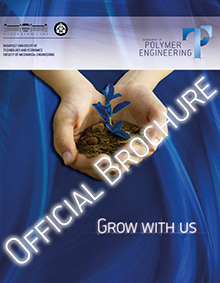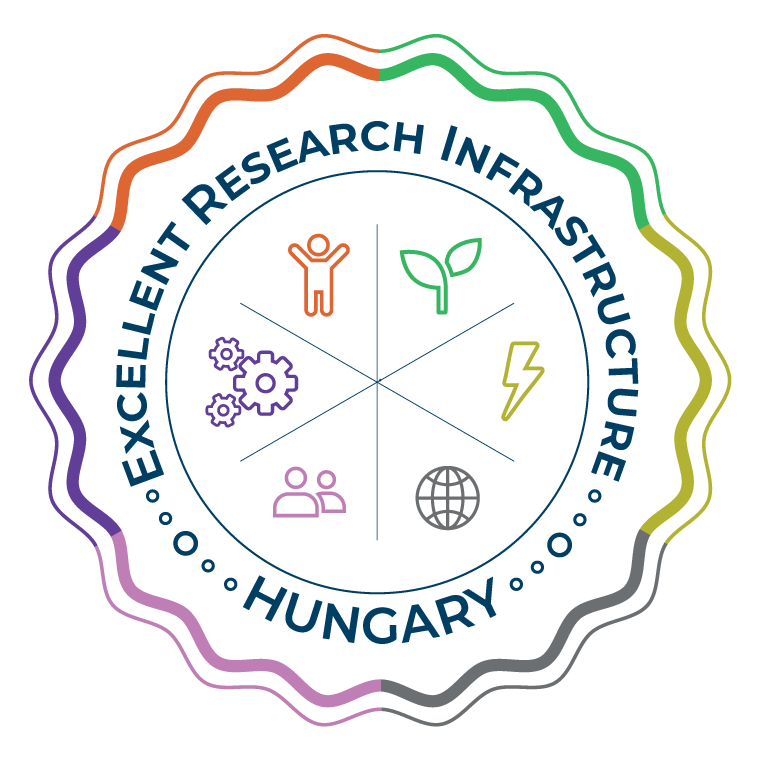Development of a flipped classroom approach for (polymer) engineering study programs with the use of innovative ICT tools
Dr. András Suplicz
Dr. András Suplicz
Dr. Béla Zink
Dr. Ferenc Szabó
Montanuniversität Leoben (Ausztria)
Arteveldehogeschool, Ghent University (Belgium)
Andragoški zavod ljudska univerza Velenje (Szlovénia)
Project summary
The project PolyFlip aims to build on good practice examples in other disciplines and levels of education, current research findings on this topic and adapt and implement the flipped classroom approach (FCA), to enable and encourage active, student centred and collaborative learning in (Polymer technology) engineering programs. By developing, adapting, piloting, promoting and disseminating the developed concept, e-materials, trainings and case studies, it aims to improve the motivation and the competences of the educators and foster the faster uptake of FCA in partner and other HE institutions, other STEM fields and other countries. This will also raise the competences of the HE institutions to successfully implement other blended learning techniques, which has in light of the COVIS 19 epidemic, found to be very important and challenging. The consortium consists of three HEI with Polymer Technology courses (from Slovenia, Austria and Hungary) and two partners with experiences and know-how in FCA design and implementation, as well as design and implementation of trainings in this topic and in ICT tools available for designing quality e-content and learning paths (from Slovenia and Belgium). The project will deliver and disseminate the following outputs: a new FCA concept for HE science and engineering courses, on-line FCA training course and description, evaluation and dissemination of case studies implemented during the time of the project and presented in the Case study Report. The intellectual outputs will not only be available to partner organisations, but will be disseminated via the project webpage and social media activities as well as at several multiplier events (in all partner countries) to other HEIs and other education institutions as well. They will be available in English, Slovene, German, Dutch and Hungarian, not only fort he duration of the project, but also after its complition.
Project results
Project-related publications
- Szuchács A., Ageyeva T., Kovács J. G.: Modeling and measuring the bonding strength of overmolded polymer parts. Polymer Testing, 125, 108133/1-108133/15 (2023) 10.1016/j.polymertesting.2023.108133 IF=5 D1






